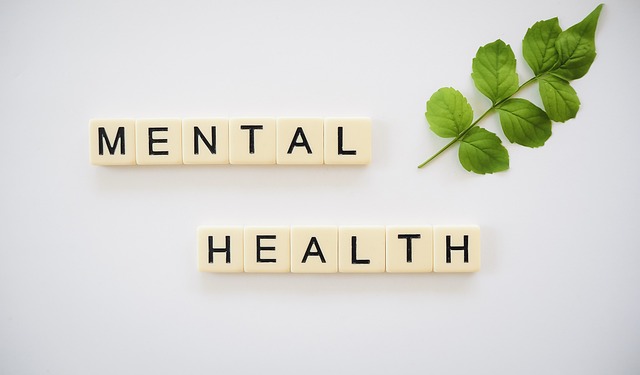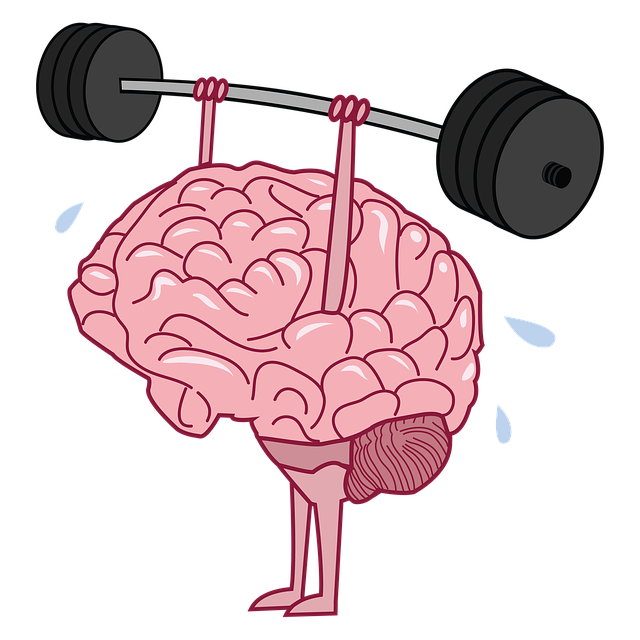In a fast-paced world, prioritizing emotional well-being is key. Wellness practices like mindfulness (yoga, meditation), healthy eating, and regular exercise, combined with gratitude journaling and deep breathing, reduce stress, anxiety, and promote better sleep and happiness. These holistic strategies enhance emotional well-being, improve mental health, and foster a positive mindset for effective stress management. Integrating these into self-care routines develops resilience against life's challenges, contributing to a more fulfilling and appreciative life.
“Unleash the transformative power of gratitude for optimal emotional well-being. This comprehensive guide explores the profound impact of gratitude on mental health and provides practical wellness practices. Discover how simple yet powerful tools like yoga exercises, meditation practices, and gratitude journaling can reduce stress and anxiety.
Learn mindfulness techniques, including deep breathing exercises, to cultivate a grateful mindset. We also delve into complementary strategies such as regular physical activity and healthy eating habits, showing you how to integrate gratitude into your daily routines for a more balanced and fulfilling life.”
- The Power of Gratitude: A Foundation for Emotional Balance
- – Understanding gratitude and its impact on mental health
- – How gratitude exercises can reduce stress and anxiety
- Wellness Practices Integrating Gratitude
The Power of Gratitude: A Foundation for Emotional Balance

The power of gratitude lies in its ability to cultivate emotional balance and resilience. In today’s fast-paced world, where stress and anxiety often take center stage, incorporating wellness practices like mindfulness techniques and yoga exercises can be transformative. Regular physical activity, combined with healthy eating habits and deep breathing exercises, creates a solid foundation for overall well-being.
When we make gratitude journaling a part of our daily or weekly self-care routines, it shifts our focus from what’s lacking to the abundance in our lives. This simple yet powerful practice encourages us to pause, reflect, and appreciate the small moments and significant achievements. By integrating these mindfulness practices into our lives, we can effectively manage stress, enhance emotional awareness, and foster a deeper connection with ourselves, ultimately leading to improved mental and physical health.
– Understanding gratitude and its impact on mental health

Gratitude is a powerful tool for enhancing emotional well-being. By focusing on the positive aspects of life and expressing appreciation for them, individuals can significantly improve their mental health and overall happiness. Research shows that cultivating gratitude through practices like mindfulness techniques, yoga exercises, or meditation practices can reduce stress, anxiety, and depression, while also promoting better sleep and increased life satisfaction. Incorporating wellness practices such as healthy eating habits and regular physical activity alongside these mindfulness strategies further strengthens the benefits for emotional well-being.
In today’s fast-paced world, it’s easy to get caught up in the hustle and bustle, often neglecting essential self-care routines. Deep breathing exercises and gratitude journaling are simple yet effective methods to pause and reflect. By taking a few moments each day to jot down things one is grateful for, individuals can foster a positive mindset and better cope with life’s challenges. These practices encourage folks to look beyond the surface, appreciating even the smallest of joys, which over time, can lead to a profound sense of calm and contentment.
– How gratitude exercises can reduce stress and anxiety

Gratitude exercises have been shown to be powerful tools in reducing stress and anxiety, acting as effective wellness practices that cultivate a positive mindset. By focusing on appreciation for life’s simple pleasures and blessings, individuals can shift their mental state from one of worry and tension to one of calm and contentment. This transformation is facilitated through various mindfulness techniques, such as meditation practices and deep breathing exercises, which are integrated into gratitude journaling and self-care routines.
Regular physical activity, combined with healthy eating habits, also plays a significant role in stress management strategies. Engaging in yoga exercises, for instance, not only improves flexibility and strength but also promotes mental clarity and reduces symptoms of anxiety. Incorporating these holistic wellness practices into daily life can lead to improved emotional well-being, making gratitude exercises a fundamental aspect of any self-care routine.
Wellness Practices Integrating Gratitude

Integrating wellness practices centred around gratitude into your routine is a powerful way to enhance emotional well-being. Mindfulness techniques, such as yoga exercises and meditation practices, can help calm the mind and cultivate a sense of peace, making it easier to express and experience gratitude. Regular physical activity not only boosts overall health but also improves mood and reduces stress, setting the stage for a more appreciative outlook.
Healthy eating habits and deep breathing exercises are additional tools that support both mental and emotional balance. Incorporating gratitude journaling into your self-care routines allows you to reflect on life’s blessings, fostering a deeper connection with your emotions. By consistently practising these wellness strategies, individuals can develop resilient stress management strategies, ultimately contributing to a more fulfilling and appreciative life.
Incorporating gratitude into our daily lives through various wellness practices like mindfulness techniques, yoga exercises, and meditation practices, can significantly enhance emotional well-being. By adopting healthy eating habits, engaging in regular physical activity, and even practicing deep breathing exercises, we create a holistic approach to stress management. Gratitude journaling and self-care routines are powerful tools that allow us to reflect on the positives in our lives, fostering a sense of balance and contentment. These simple yet effective strategies can truly revolutionize our emotional landscape.
